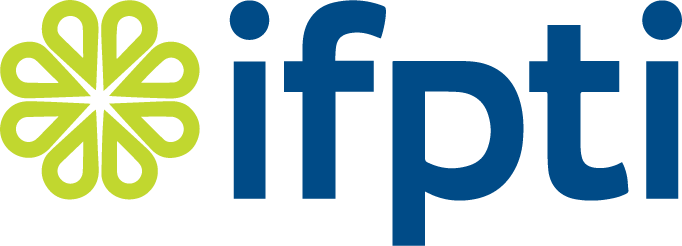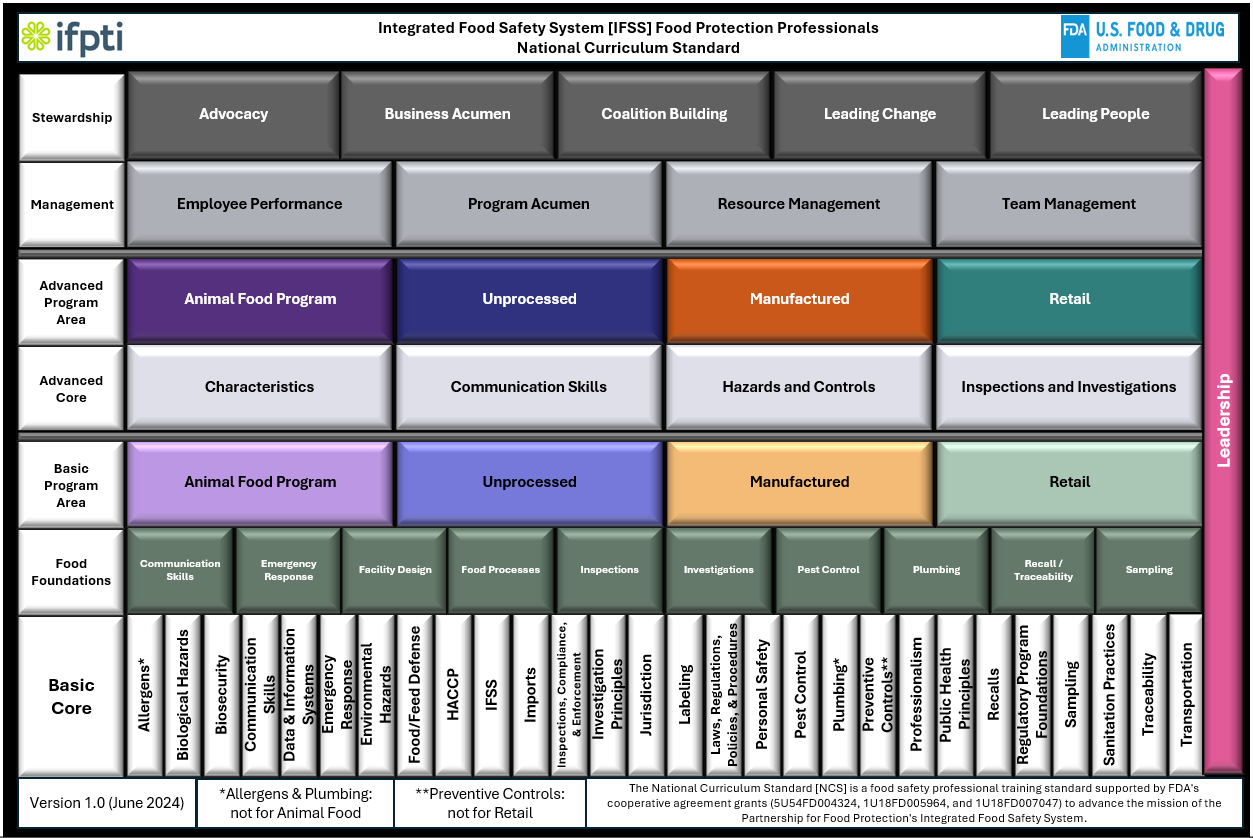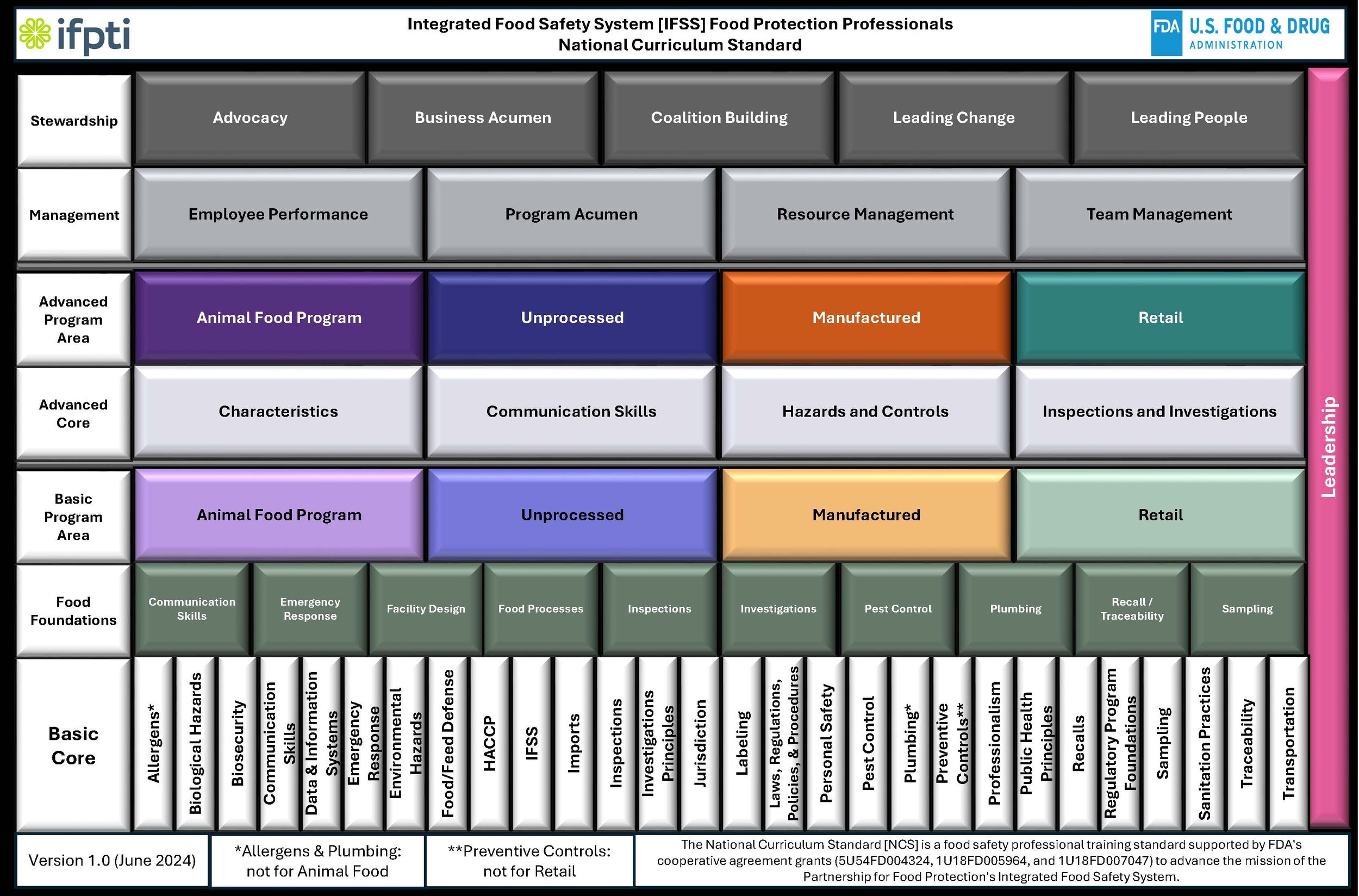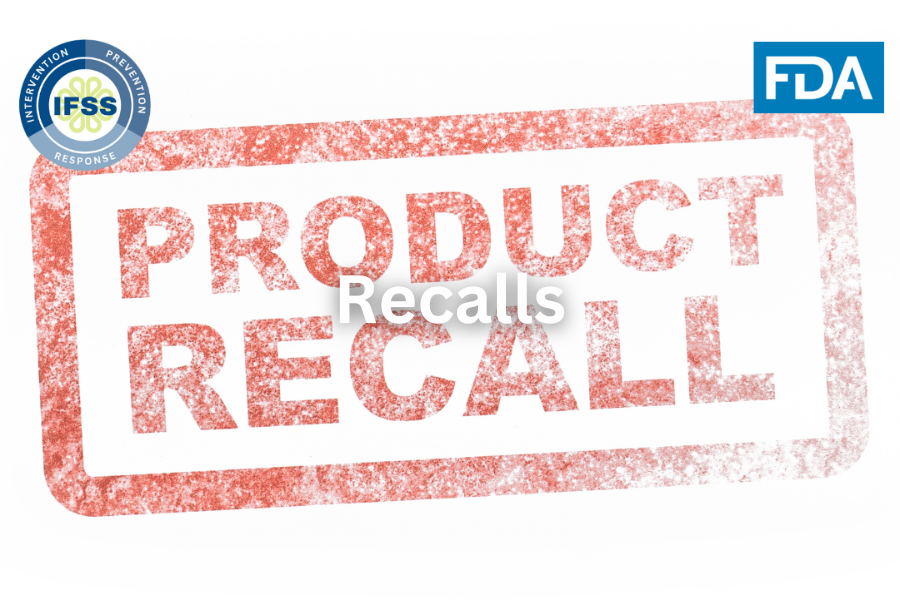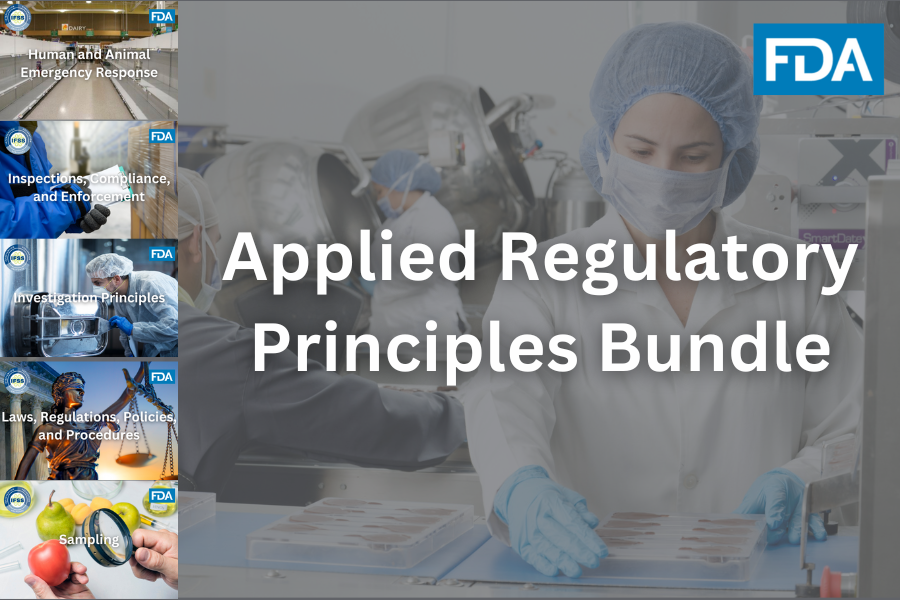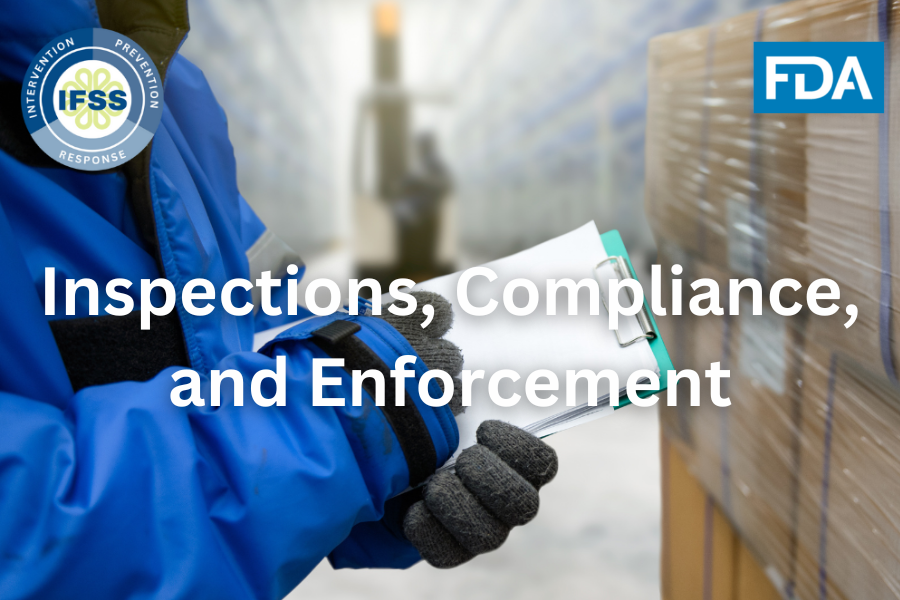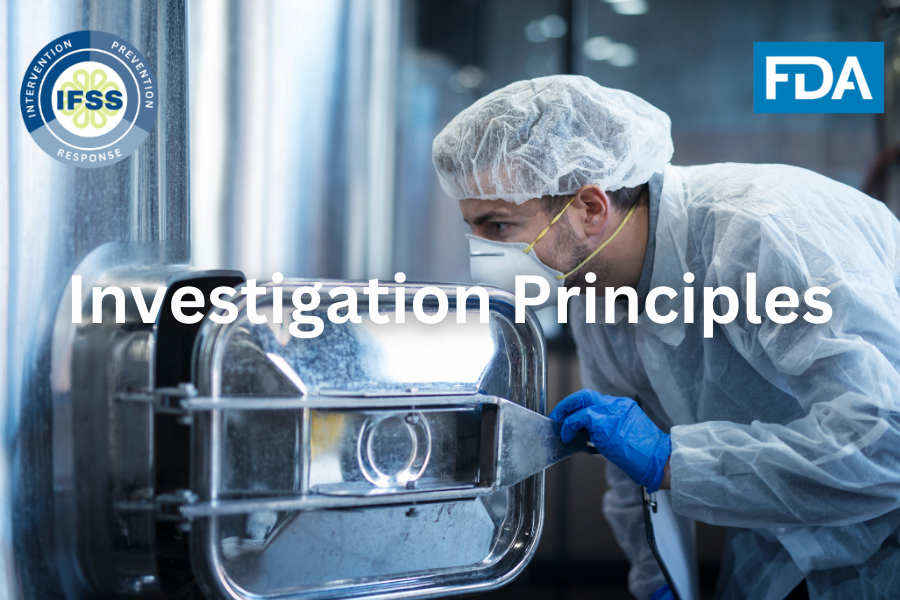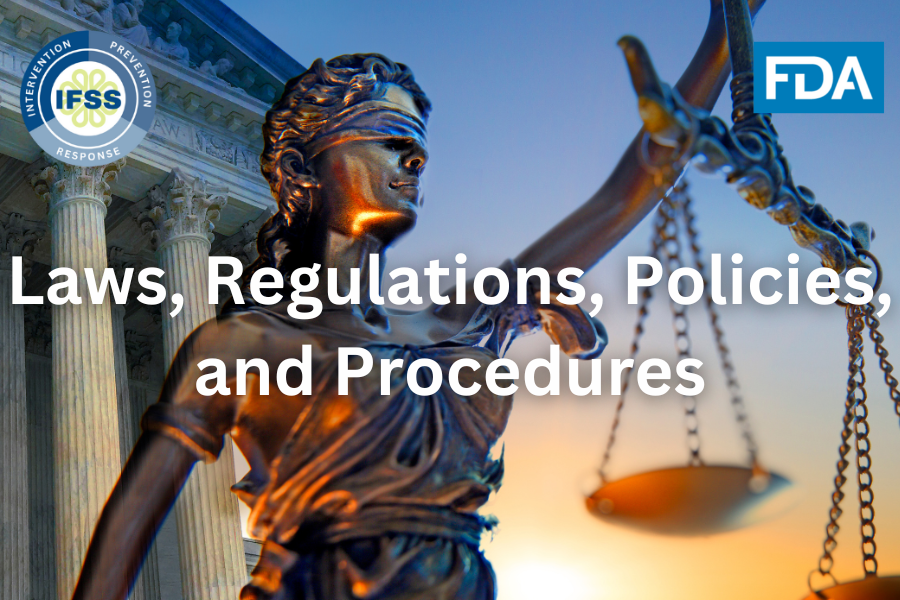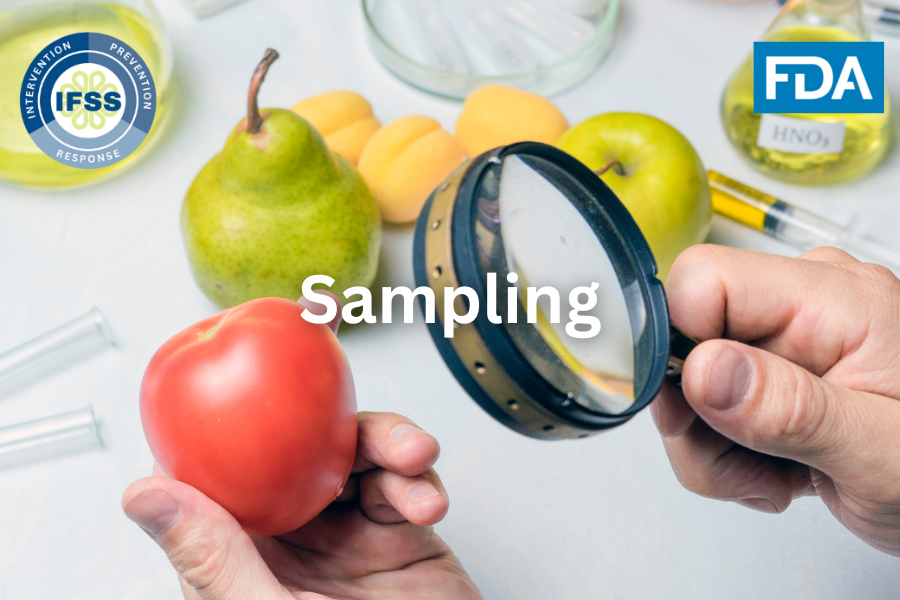Professionalism
This IFSS Basic Level course provides introductory knowledge, skills, and abilities related to ethics, integrity, and personal conduct during job-related activities.
Goal: The student will be able to exhibit the use of integrity and positive interpersonal conduct in the performance of professional and personal activities.
Scope: Topics covered in this course include foundations, ethics, conduct, personal management, communication, and interpersonal skills.
Course Objectives
Foundations
Define relevant terminology
Give examples of professional and unprofessional behavior
Explain the legal principles of professionalism
Explain moral principles of professionalism
Discuss the concept of the” perception of impropriety”
Ethics
Explain the importance of an agency code of conduct (policy)
Discuss the components of a code of conduct
Explain confidentiality
Give examples of conflict of interest
Discuss purpose of ethical behavior in a work environment
Give examples of ethical and unethical behavior
Explain the organizations values
Conduct
Differentiate between acceptable and unacceptable behaviors
Give examples of acceptable and unacceptable behaviors
Differentiate between objective and subjective behavior
Give examples of objective and subjective behavior
Differentiate between bias and unbiased behaviors
Identify societal customary behavior appropriate for the workplace
Explain the importance of recognizing differences in workplace customs
Duration
Unit 1: Foundations – 23 minutes
Unit 2: Ethics – 36 minutes
Unit 3: Conduct – 23 minutes
Unit 4: Personal Management – 23 minutes
Unit 5: Communications – 36 minutes
Unit 6: Interpersonal Skills – 20 minutes
Course Assessment – 10 minutes
Total Course Estimate: 2 Hours and 51 Minutes
This IFSS Basic Level course provides introductory knowledge, skills, and abilities related to ethics, integrity, and personal conduct during job-related activities.
Goal: The student will be able to exhibit the use of integrity and positive interpersonal conduct in the performance of professional and personal activities.
Scope: Topics covered in this course include foundations, ethics, conduct, personal management, communication, and interpersonal skills.
Course Objectives
Foundations
Define relevant terminology
Give examples of professional and unprofessional behavior
Explain the legal principles of professionalism
Explain moral principles of professionalism
Discuss the concept of the” perception of impropriety”
Ethics
Explain the importance of an agency code of conduct (policy)
Discuss the components of a code of conduct
Explain confidentiality
Give examples of conflict of interest
Discuss purpose of ethical behavior in a work environment
Give examples of ethical and unethical behavior
Explain the organizations values
Conduct
Differentiate between acceptable and unacceptable behaviors
Give examples of acceptable and unacceptable behaviors
Differentiate between objective and subjective behavior
Give examples of objective and subjective behavior
Differentiate between bias and unbiased behaviors
Identify societal customary behavior appropriate for the workplace
Explain the importance of recognizing differences in workplace customs
Duration
Unit 1: Foundations – 23 minutes
Unit 2: Ethics – 36 minutes
Unit 3: Conduct – 23 minutes
Unit 4: Personal Management – 23 minutes
Unit 5: Communications – 36 minutes
Unit 6: Interpersonal Skills – 20 minutes
Course Assessment – 10 minutes
Total Course Estimate: 2 Hours and 51 Minutes
This IFSS Basic Level course provides introductory knowledge, skills, and abilities related to ethics, integrity, and personal conduct during job-related activities.
Goal: The student will be able to exhibit the use of integrity and positive interpersonal conduct in the performance of professional and personal activities.
Scope: Topics covered in this course include foundations, ethics, conduct, personal management, communication, and interpersonal skills.
Course Objectives
Foundations
Define relevant terminology
Give examples of professional and unprofessional behavior
Explain the legal principles of professionalism
Explain moral principles of professionalism
Discuss the concept of the” perception of impropriety”
Ethics
Explain the importance of an agency code of conduct (policy)
Discuss the components of a code of conduct
Explain confidentiality
Give examples of conflict of interest
Discuss purpose of ethical behavior in a work environment
Give examples of ethical and unethical behavior
Explain the organizations values
Conduct
Differentiate between acceptable and unacceptable behaviors
Give examples of acceptable and unacceptable behaviors
Differentiate between objective and subjective behavior
Give examples of objective and subjective behavior
Differentiate between bias and unbiased behaviors
Identify societal customary behavior appropriate for the workplace
Explain the importance of recognizing differences in workplace customs
Duration
Unit 1: Foundations – 23 minutes
Unit 2: Ethics – 36 minutes
Unit 3: Conduct – 23 minutes
Unit 4: Personal Management – 23 minutes
Unit 5: Communications – 36 minutes
Unit 6: Interpersonal Skills – 20 minutes
Course Assessment – 10 minutes
Total Course Estimate: 2 Hours and 51 Minutes
